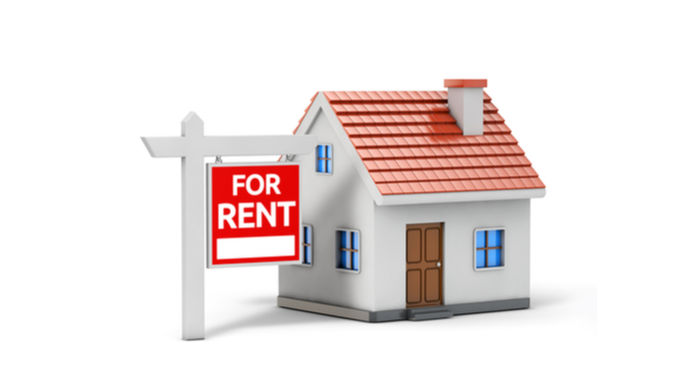Results from a new nationwide survey of single-family rental home owners conducted by Seven Letter Insight on behalf of the National Rental Home Council (NRHC) reveal the extent of widespread economic challenges encountered over the past year by rental home providers, underscoring concerns about the ongoing availability and supply of rental housing in the United States.
Single-family rental homes account for more than half of the nation’s total rental housing, and many of the owners of these properties have struggled as a result of the economic fallout from the COVID pandemic. According to the survey, half of America’s individual rental home owners have residents who have missed payments since March 2020, causing more than one-third of those owners to dip into personal savings—and 1-in-5 to take out additional loans—to cover shortfalls.
Key findings from the survey include:
- 50 percent of single-family rental home owners have residents who have missed a rental
payment since the beginning of the pandemic. Respondents say this has negatively
impacted their ability to cover required costs of ownership and has affected the level at
which they can maintain their rental properties. - Only 60 percent of single-family rental home owners who reported receiving less than full rent were provided with a financial hardship declaration from residents, as required by the CDC order halting residential evictions for nonpayment of rent.
- A majority of single-family rental home property owners say they’ve been negatively impacted by the eviction moratorium, with 30 percent saying they will be forced to tighten standards when evaluating future rental applications, 11 percent forced to sell at least one of their properties, and 12 percent forced to sell all their properties.
- Of single-family rental home owners who reported receiving less than full rent, 52 percent created flexible payment programs for residents, and 45 percent forgave some amount of missed rent.
- Respondents have no clear idea when the eviction moratorium will end, making it nearly impossible to plan for the future. As a result, the availability and accessibility of affordable single-family rental home properties is likely to be further constrained. If the eviction moratorium extends beyond March 31, 2021, 1-in-5 respondents stated that they “will have no remaining financial options to cover costs related to their rental property.”
“The financial difficulties encountered by rental home property owners over the past year have created real uncertainty concerning the direction of the rental housing market, uncertainty that has only been exacerbated by myriad local, state, and federal eviction moratoria,” said David Howard, executive director of NRHC. “While rental assistance programs will certainly help, for many property owners it may be too late. There is less rental housing in the United States today than there was five years ago, even as owner-occupied housing has increased nearly 10 percent during that time. In 2020 alone, the amount of rental housing decreased by over 275,000 units. Even large single-family rental home companies grew their portfolios by only 6,000 units, an amount less than one-tenth of one percent of the 7.6 million homes bought in the U.S. last year.”













